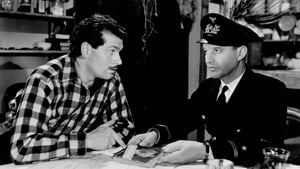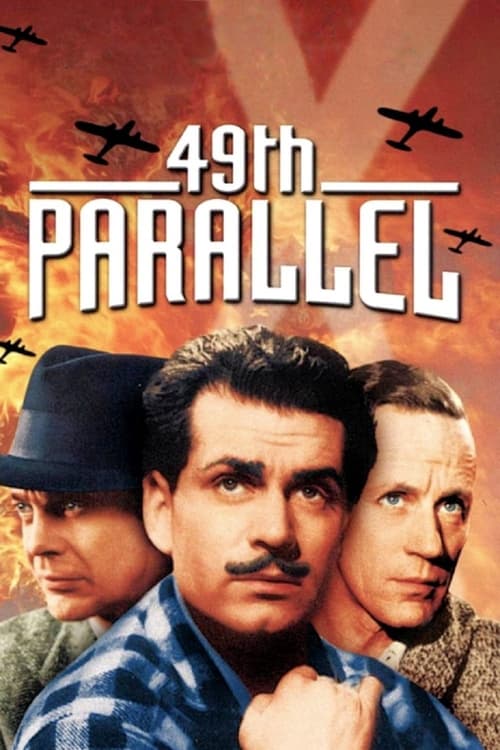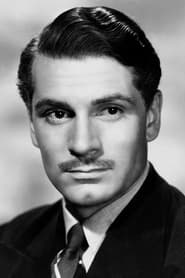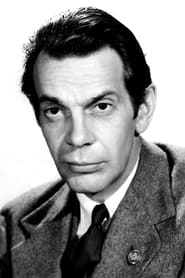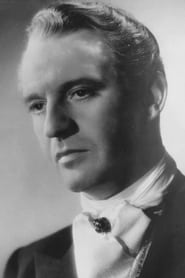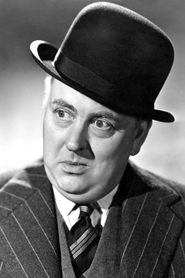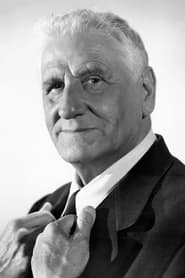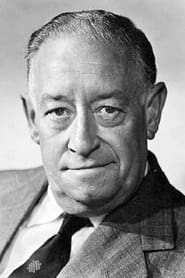Cast
View AllLeslie Howard
as Philip Armstrong Scott
Laurence Olivier
as Johnnie, the Trapper
Raymond Massey
as Andy Brock
Anton Walbrook
as Peter
Eric Portman
as Lieutenant Hirth
Raymond Lovell
as Lieutenant Kuhnecke
Richard George
as Kommandant Bernsdorff
Niall MacGinnis
as Vogel
Peter Moore
as Kranz
John Chandos
as Lohrmann
Finlay Currie
as The Factor
Glynis Johns
as Anna
Basil Appleby
as Jahner
Ley On
as Nick - the Eskimo
Charles Victor
as Andreas
Crew
Director
- Michael Powell
Producer
- Michael Powell
Reviews
CinemaSerf
A quirky war film for various reasons, this one. A Nazi submarine crew are raiding North Atlantic shipping when their submarine is destroyed near the Canadian coast. The crew of survivors - led by a curiously cast Eric Portman - take over an Hudson's bay Company post frequented by a French-Canadian Laurence Olivier and Finlay Currie - a redoubtable Scot who is determined not to to stand for this "invasion". What follows is a sightly haphazard series of stories depicting their attempt to make it back to the Fatherland - by just about every means of transport - barring an hot air balloon - known to man at the time. The last half hour picks up the pace cleverly - with a typically civilised performance from Leslie Howard, as the survivors near their goal, demonstrating that the pen may well be mightier than the sword before a final encounter with Raymond Massey. The cast behind the camera is just as notable - Freddie Young and David Lean (editor) work on Emeric Pressberger's story, under Michael Powell's direction to bring the full effects of the wonderful Canadian scenery; light/shades and hues - as well as a good, taut dialogue - much less trite than in some early, more propagandist efforts.
Jun 25, 2022
drystyx
An incredible journey with the antagonists being the stars.
Most WWII films about men behind enemy lines depict the "good guys" I dare say, in the Allies, behind enemy lines.
Here, we get the exact opposite, with six Uboat survivors from Germany stuck behind enemy lines.
There is so much that is outstanding about this film that it would take pages to explain. It's likely the very film that caused Hitler to put a bounty on Leslie Howard, who ridiculed him with great aplomb, a bounty that may have been the cause of Howard's real life death.
Many other behind the scenes ironies in this film.
Foremost, it is made in 1941, before December 7, and depicts the U.S. as a neutral nation that the six Germans try to reach. In fact, much of the motif of this film is how Canada was just recently brought into the war.
The score is perhaps the greatest in film History. The scenery is spectacular. The beginning narration is superb and dramatic.
While the film follows the bafdy guys, we come upon many good guys who meet them one by one, which illustrates the characters of each.
What I find remarkable about this film is the insight into what made the German war machine work. The six UBoat survivors are totally unique characters, each of whom is a cog in the machine, with different motivations.
The leader of the Germans is played by Eric Portman, and he does an incredible job as a materialistic atheist who actually thinks his inhumanity is Humanity. Second in command is a proud aristocrat who brags about being one of the first in the Nazi party. Third is the one German who actually has a morality and presents the best of the Germans. He regularly saves the others from harm and could be a hero on another team, but his questioning of the Nazi ideology puts him lower and lower on the scale of the men whose lives he saves, and whom he is clearly better than in every way.
This one, Vogel, played by Niall MacGinnis, dominates the meat of the story which occurs in a religious commune in Canada, and his story gives this film an amazing depth which I won't spoil.
The fourth soldier is a brute, just a total brute. A willing pawn of Nazi brutality.
The fifth is a career soldier, older than the others, who is one of the braver ones when in uniform, but totally loses his composure when he must traipse through Canada in civilian garb.
The sixth soldier is the most humorous, a total opportunist with no real morals other than survival. We get a great look at the difference between him and the leader when they are in an outdoor shower with hot and cold water. The leader arrogantly uses cold water to prove he is tough, while this soldier gives him a comical "what an idiot" look while using hot water for himself. He adds very credible comic relief.
The six soldiers and their personalities give a very in depth look at what made the Nazi war machine work for so long a time.
Meanwhile, some of the heroes on the Canadian side include pilots who bomb the Uboat, a Scotsman keeping a trading post, a French trapper, an Eskimo who tries to help the trapper, two men arriving by plane to find what is wrong at the trading post, another Eskimo who shoots one of the Germans dead after the Germans massacre civilians at the post, a 15 year old girl who falls in love with Vogel, the leader of the religious commune, mounties who chase the Germans, Indians who help flush them out, Leslie Howard as Philip Armstrong Scoott who has an interesting interplay with them, a deserter aboard a train, and two freight inspectors.
In other words, an entire team of free people willing to work together for the good of every human being, as opposed to the Nazi materialistic ideology.
This film will always be a classic. God help the world if people decide it isn't one. The messages are just too great to ignore.
Apr 18, 2023
Thematic Analysis
49th Parallel represents a fascinating example of War/Thriller cinema, offering viewers a unique perspective on the human experience and societal structures. The film's approach to its themes demonstrates a creative vision that distinguishes it within its genre.
Director Michael Powell brings their distinctive visual style to this film, continuing their exploration of themes seen in their previous works while adding new elements. Their approach to pacing and visual storytelling creates a viewing experience that rewards close attention.
Released in 1941, the film exists within a cultural context that now offers viewers historical perspective on the social issues of that era. Its reception demonstrates the diverse reactions to its artistic choices and its place in cinema history.
Did You Know?
- The production of 49th Parallel took approximately 6 months from pre-production to final cut.
- The final cut of the film runs for 123 minutes, though the director's initial assembly was reportedly 150 minutes long.
- The costume department created over 139 unique costume pieces for the production.
- The musical score contains over 75 unique compositions.
- The film contains approximately 1832 individual shots.
Historical Context
- In 1941, when this film was released:
- Television was becoming a dominant form of home entertainment.
- Rock and roll music was revolutionizing popular culture.
- The film industry was dominated by major studios, with independent cinema still in its early development.
How This Film Stands Out
While 49th Parallel shares thematic elements with other films in its genre, it distinguishes itself through its unique approach to storytelling, visual style, and character development.
Unlike The Bridge on the River Kwai, which takes a more conventional approach to its subject matter, 49th Parallel offers a fresh perspective through its innovative visual language and narrative structure.
While films like Enemy at the Gates and Saving Private Ryan explore similar territory, 49th Parallel stands apart through its deeper exploration of its central themes and more complex characterization.
This film's unique contribution to cinema lies in its bold artistic choices and willingness to challenge viewer expectations, making it a valuable addition to its genre.
Details
- Release Date: November 24, 1941
- Runtime: 2h 3m
Where to Watch




